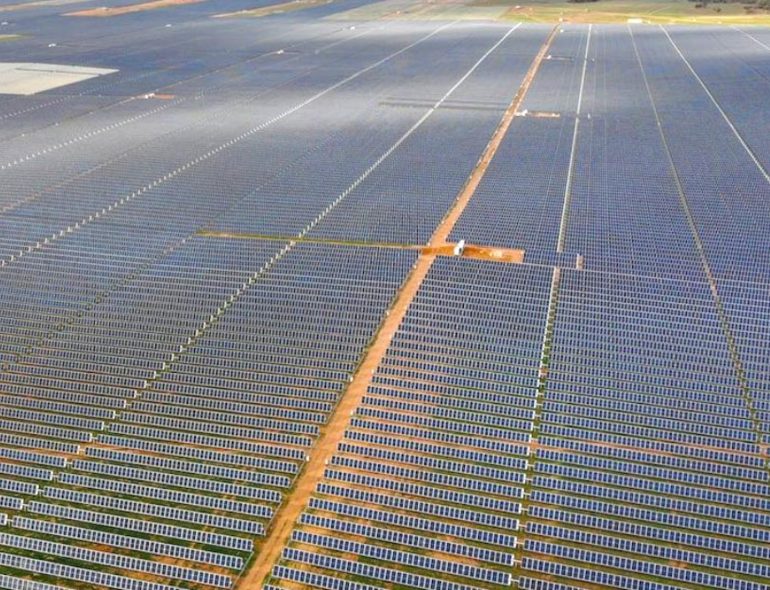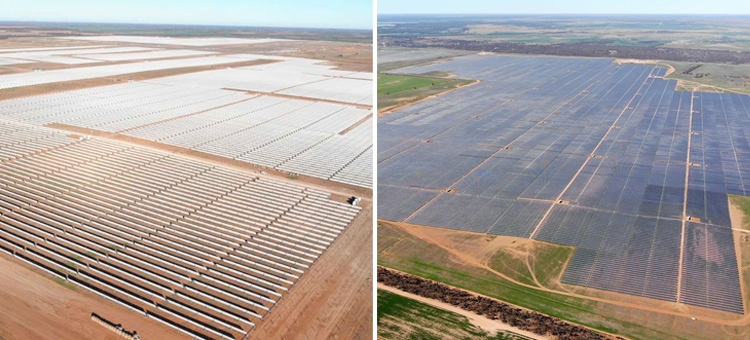
Civiltest leading the way in renewable energy with Thermal Resistivity Testing
As the world turns towards better, cleaner energy solutions, Civiltest’s specialist expertise in renewable energy puts the company at the forefront of change in the geotechnical field to meet the growing needs of the renewable energy market.
Civiltest has provided professional geotechnical engineering services for renewable energy projects for the last decade. The company’s team of highly experienced Management, Engineers and Technicians, both Laboratory and Field, ensure the highest level of efficiency and safety for solar farms across Victoria.
Thermal Resistivity testing is one of the company’s most sought-after services. Civiltest is NATA accredited to provide thermal conductivity/resistivity testing in accordance with ASTM D5334-14.
Civiltest’s, National Projects Manager, Mick Bate says “Solar projects usually begin with pre-feasibility work, during which our team provides a wide range of geotechnical studies on all parameters and fields”.
“It is the Thermal Resistivity testing, where we deliver particular expertise, helping clients save time and money through specialised on-site and laboratory analysis,” he said.
Thermal Resistivity testing is carried out on either natural soils or specifically designed quarried products. It determines the material’s thermal characteristics and how well they conduct/resist heat.
When testing natural soils, samples collected from site locations are progressively dried and tested to establish the thermal resistivity versus moisture content relationship. This dry out curve is of particular use if the native soil around a cable partially dries out under cable operating temperatures.
When testing quarry products to determine their thermal suitability as cable backfill or bedding, a variety of methods can be adapted depending on the nature of the product and specification requirements.

“The network of electrical cables and conduit developed for solar farms creates an incredible amount of heat in the process of generating electricity.
“This heat must be able to dissipate safely in the materials surrounding the cables, so the material properties surrounding the conduit must be right, or there is a serious risk of damaging the entire cable system” said Mick.
In the lab, Civiltest’s geotechnical team takes the soil collected on site and replicates conditions in the field, compacting the soil sample to the same conditions of the soil in construction. This process assists with design of the right type of conduit/cabling system and ensures engineers are able to develop the design to the optimal level of compaction of that material.
Civiltest uses a range of different compaction levels to arrive at a point they know will meet the designer’s target requirements for the cabling system.
Well known for ‘going the extra mile’ – Civiltest are always looking further and taking testing to a new level, using innovative ideas to help clients save costs during construction.
It is most cost efficient - and also environmentally friendly - to re-use natural material back in the ground during cabling construction. Civiltest apply their knowledge and technical expertise to find the most viable materials, helping clients achieve greatest efficiency and efficacy.”
Mick says, “That up-front testing is always the best strategy for success. An investment in prior knowledge means greater savings over an entire project”.
Image reference: Sunraysia Solar Farm